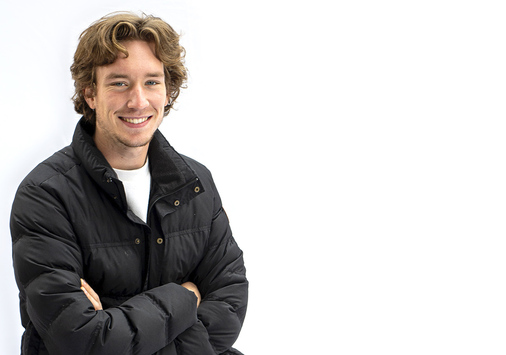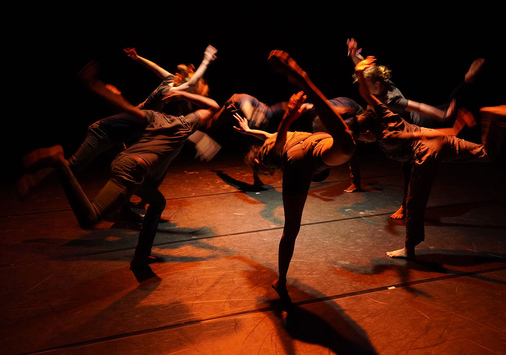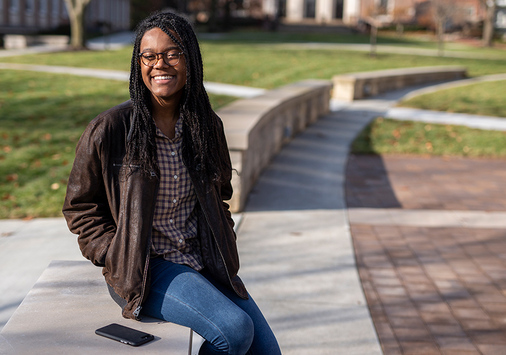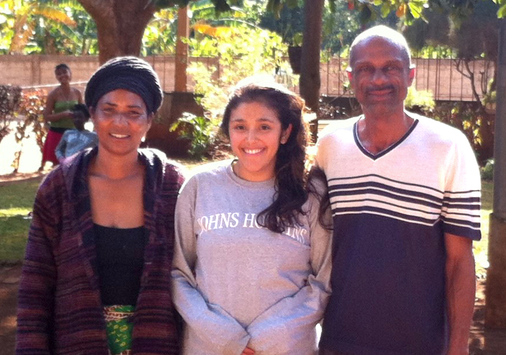Last fall International Studies and Politics & Public Affairs Professor Matthew Slaboch wanted to hold an event to recognize that December 25, 2021 marked 30 years since the fall of the Soviet Union. The whole Eastern Europe and Central Asia region has undergone major transitions in the past three decades. Dr. Slaboch teamed up with Alina Haliliuc(COMM/INTL) and Dr. Zarrina Juraqulova (ECON/INTL) to plan a series to bring light to these changes and the region.
Post-communist Transitions week (March 21-25) will include a dinner, talks, films and a Pysanky Ukrainian egg design workshop. Two guest lecturers will give public presentations via zoom.
Wednesday 3/23 Guest Lecture
Economic History and Social Reality of the Post-Socialist ‘Transition Economies’
7:00 pm, via Zoom
Dr. Aleksandr V. Gevorkyan, Dept. of Economics and Finance, St. John’s University
Moderator: Dr. Zarrina Juraqulova, Assistant Professor of Economics, Denison University
The true tale of the economic transition from a socialist to a capitalist economic model of Central/Eastern Europe (CEE) and the former Soviet Union (FSU) is yet to be heard. As the Berlin Wall fell in November 1989, the CEE and FSU economies began their economic transition—rather, transformation—from a planned socialist model to a market-based economy.
In the current pandemic environment, the smallest of the transition economies may be forced to develop and adopt new socio-economic development models. Will economic history be a reliable guide to the new social reality in the region?
Thursday 3/24 Keynote Address
World War II Memory in Putin’s Russia
4:30 pm, via Zoom
Dr. David L. Hoffmann, Dept. of History, The Ohio State University
Moderator: Dr. Alina Haliliuc, Associate Professor of Communication, Denison University
Russian President Vladimir Putin has gone to extraordinary lengths to commemorate the Second World War. Through Victory Day parades, ceremonial speeches, and government-sponsored films, he has made World War II memory central to contemporary Russian national identity.
Why does the Putin administration place such enormous emphasis on a war that ended over 75 years ago? This talk will examine the political utility of World War II memory in Russia today. It will explore how war remembrance serves the interests of Putin’s government in both the domestic and international spheres, including with regard to the current war in Ukraine.
Co-Sponsored by the Laura C. Harris Series, Lisska Center for Intellectual Engagement, and the Departments of Communication, Economics, Global Commerce, History, Politics & Public Affairs, and Religion














